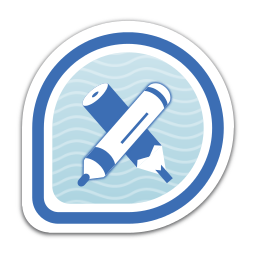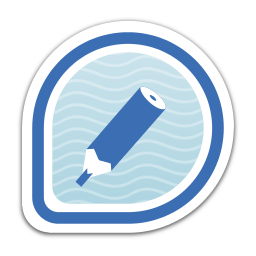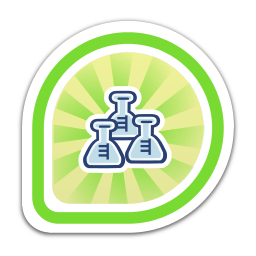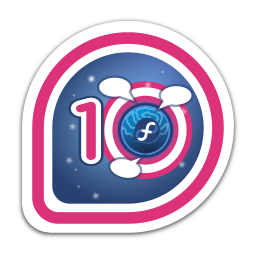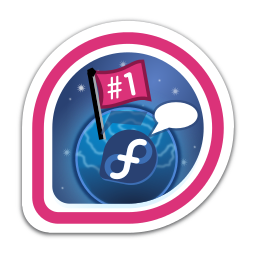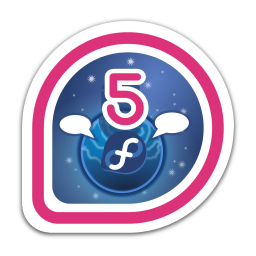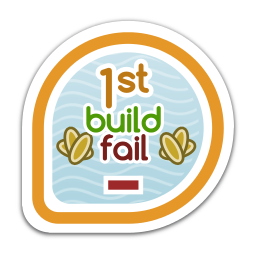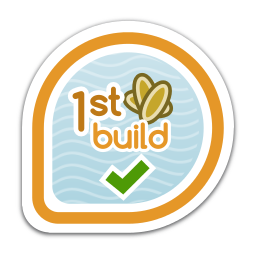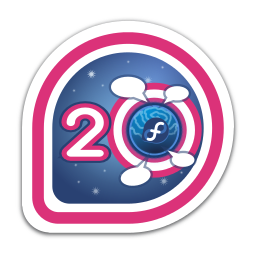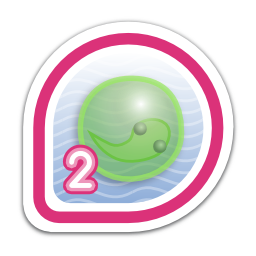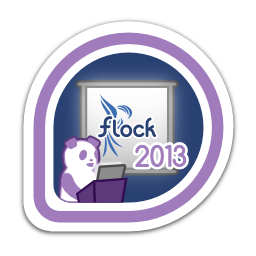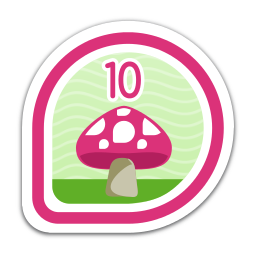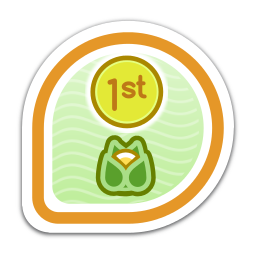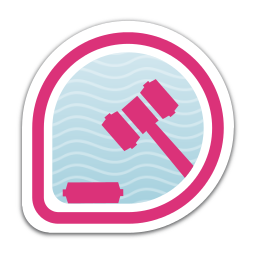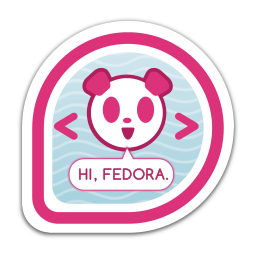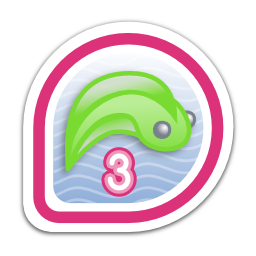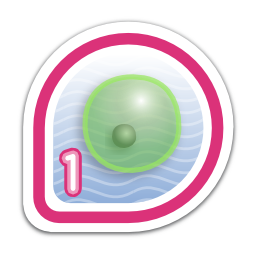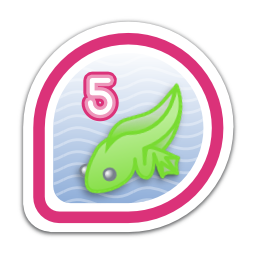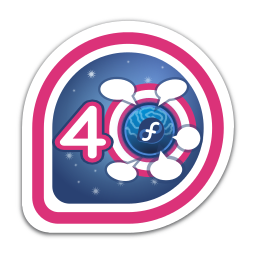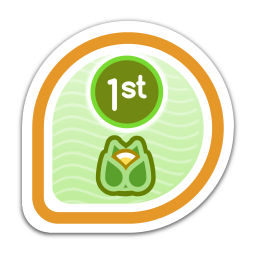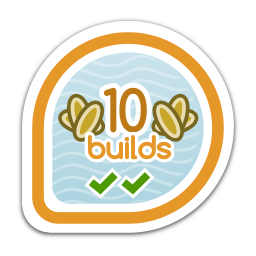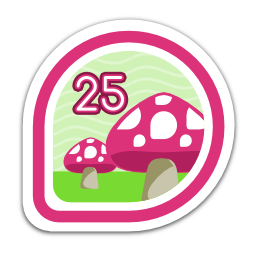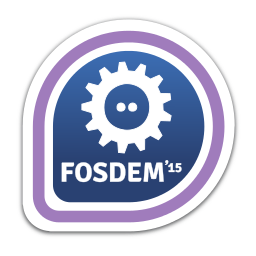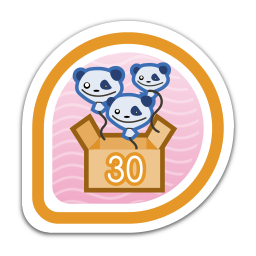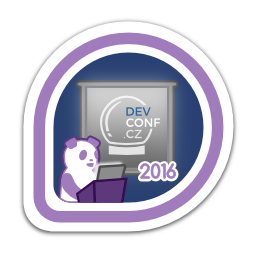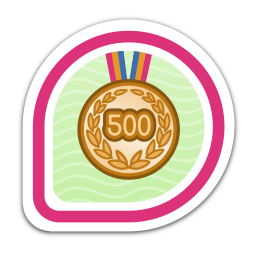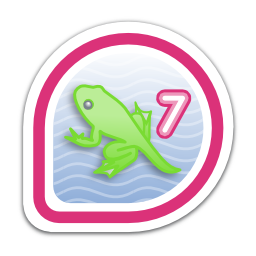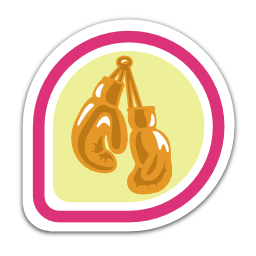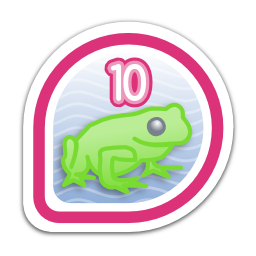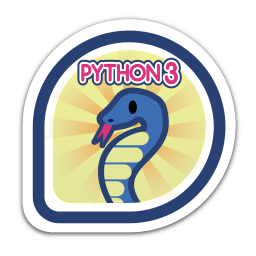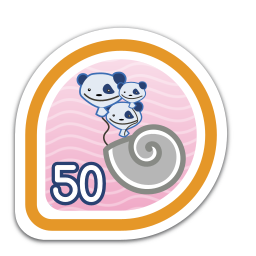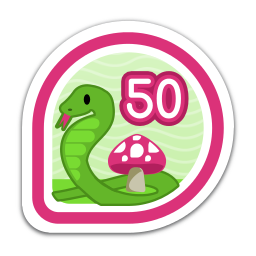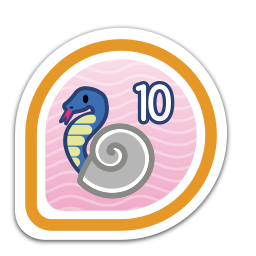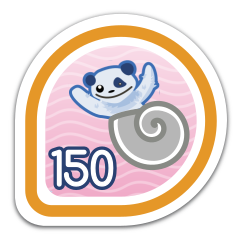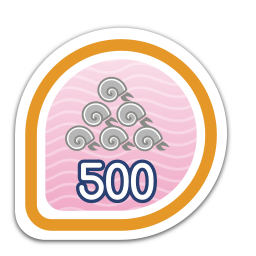mNo edit summary |
mNo edit summary |
||
| (5 intermediate revisions by the same user not shown) | |||
| Line 6: | Line 6: | ||
I work in Red Hat's virtualization team. | I work in Red Hat's virtualization team. | ||
I've been involved a number of upstream projects: QEMU (the emulator project); KVM (the kernel-based hypervisor); libvirt (the virtualization API); and OpenStack "Compute" project | I've been involved a number of upstream projects: QEMU (the emulator project); KVM (the kernel-based hypervisor); libvirt (the virtualization API); and OpenStack "Compute" project. | ||
<span id="history"></span> | <span id="history"></span> | ||
| Line 16: | Line 16: | ||
In 2013, I moved to the then-new OpenStack engineering team. I was involved in various efforts: (1) bootstrapping the OpenStack [https://www.rdoproject.org/community/faq/ RDO project]—a Red Hat-initiated community effort to package vanilla upstream OpenStack for Fedora (and later switched its focus to CentOS); as part of this, I was involved in all the "traditional work" that entails in building a community; (2) downstream productization; (3) work as an upstream OpenStack developer, particularly as part of the [https://docs.openstack.org/nova/latest/ Compute project] that deals with virtualization workloads; (4) worked as "technical interface" between the OpenStack and virtualiziation teams, and their corresponding upstream projects). I spent about 10 years doing this. | In 2013, I moved to the then-new OpenStack engineering team. I was involved in various efforts: (1) bootstrapping the OpenStack [https://www.rdoproject.org/community/faq/ RDO project]—a Red Hat-initiated community effort to package vanilla upstream OpenStack for Fedora (and later switched its focus to CentOS); as part of this, I was involved in all the "traditional work" that entails in building a community; (2) downstream productization; (3) work as an upstream OpenStack developer, particularly as part of the [https://docs.openstack.org/nova/latest/ Compute project] that deals with virtualization workloads; (4) worked as "technical interface" between the OpenStack and virtualiziation teams, and their corresponding upstream projects). I spent about 10 years doing this. | ||
More recently, I spend my most of time on " | More recently, I spend my most of time on "many things" related to virtualization, and some emerging technologies. | ||
<span id="upstream"></span> | <span id="upstream"></span> | ||
= Upstream = | = Upstream = | ||
Like many in the open source ecosystem, I value the the "Upstream First" way. I hold this belief with a thoughtful restraint, because there are some sensible exceptions to it (e.g. embargoed CVEs, and other situations). It's about striking a sensible balance. I value and practice [https://opensource.com/article/22/3/transparency-open-source-community-manager transparent communication] and leadership. I'm always willing to change my mind in light of new compelling evidence (otherwise, Socrates would be disappointed with me ;-)). I enjoy working as a "bridge" between multiple upstream communities. I've also had a lot of practice with the difficult art of of balancing upstream vs. downstream "hats". | |||
A list of some technical talks I gave at various upstream conferences: KVM Forum, where the Linux-based virtualization community comes together—I've been a close member of this community for 10+ years; OpenStack Summit, FOSDEM, Linux Foundation's Open Source Summit, and more: | A list of some technical talks I gave at various upstream conferences: KVM Forum, where the Linux-based virtualization community comes together—I've been a close member of this community for 10+ years; OpenStack Summit, FOSDEM, Linux Foundation's Open Source Summit, and more: | ||
| Line 32: | Line 33: | ||
<span id="fedora"></span> | <span id="fedora"></span> | ||
= Fedora = | = Fedora = | ||
I've been a user of Fedora since Fedora 9. My package sponsor was "Spot" (Tom Callaway), way back in 2009. I used to be a (not so diligent—sorry, Spot) Fedora package maintainer. | I've been a user of Fedora since Fedora 9. My package sponsor was "Spot" (Tom Callaway), way back in 2009. I used to be a (not so diligent—sorry, Spot) Fedora package maintainer. Most of my participation in Fedora was from a virtualization angle. | ||
(My past Fedora [https://bugzilla.redhat.com/buglist.cgi?bug_status=CLOSED&component=Package%20Review&email1=kchamart%40redhat.com&emailassigned_to1=1&emailtype1=exact&list_id=2022950%20Completed%20Reviews package reviews].) | (My past Fedora [https://bugzilla.redhat.com/buglist.cgi?bug_status=CLOSED&component=Package%20Review&email1=kchamart%40redhat.com&emailassigned_to1=1&emailtype1=exact&list_id=2022950%20Completed%20Reviews package reviews].) | ||
<span id="contact"></span> | |||
= Contact = | = Contact = | ||
| Line 48: | Line 47: | ||
* Location: Ghent, Belgium | * Location: Ghent, Belgium | ||
<span id="badges"></span> | |||
= Badges = | |||
{{ #fedorabadges: kashyapc }} | {{ #fedorabadges: kashyapc }} | ||
Latest revision as of 21:39, 15 January 2025
Kashyap Chamarthy

I work in Red Hat's virtualization team.
I've been involved a number of upstream projects: QEMU (the emulator project); KVM (the kernel-based hypervisor); libvirt (the virtualization API); and OpenStack "Compute" project.
History
I joined Red Hat in 2008, as a test engineer in the Identity and Security group. I worked on a PKI project, focusing mostly on downstream testing for five years.
In 2013, I moved to the then-new OpenStack engineering team. I was involved in various efforts: (1) bootstrapping the OpenStack RDO project—a Red Hat-initiated community effort to package vanilla upstream OpenStack for Fedora (and later switched its focus to CentOS); as part of this, I was involved in all the "traditional work" that entails in building a community; (2) downstream productization; (3) work as an upstream OpenStack developer, particularly as part of the Compute project that deals with virtualization workloads; (4) worked as "technical interface" between the OpenStack and virtualiziation teams, and their corresponding upstream projects). I spent about 10 years doing this.
More recently, I spend my most of time on "many things" related to virtualization, and some emerging technologies.
Upstream
Like many in the open source ecosystem, I value the the "Upstream First" way. I hold this belief with a thoughtful restraint, because there are some sensible exceptions to it (e.g. embargoed CVEs, and other situations). It's about striking a sensible balance. I value and practice transparent communication and leadership. I'm always willing to change my mind in light of new compelling evidence (otherwise, Socrates would be disappointed with me ;-)). I enjoy working as a "bridge" between multiple upstream communities. I've also had a lot of practice with the difficult art of of balancing upstream vs. downstream "hats".
A list of some technical talks I gave at various upstream conferences: KVM Forum, where the Linux-based virtualization community comes together—I've been a close member of this community for 10+ years; OpenStack Summit, FOSDEM, Linux Foundation's Open Source Summit, and more:
https://kashyapc.fedorapeople.org/public-presentations.html
I co-organize the Virt & IaaS "devroom" (it just means a sub-conference) at FOSDEM.
I also occasionally write for the inimitable LWN.net.
Fedora
I've been a user of Fedora since Fedora 9. My package sponsor was "Spot" (Tom Callaway), way back in 2009. I used to be a (not so diligent—sorry, Spot) Fedora package maintainer. Most of my participation in Fedora was from a virtualization angle.
(My past Fedora package reviews.)
Contact
- Fedora Account: kashyapc
- Email: kashyapc@fedoraproject.org
- Matrix: kashyapc
- Location: Ghent, Belgium

